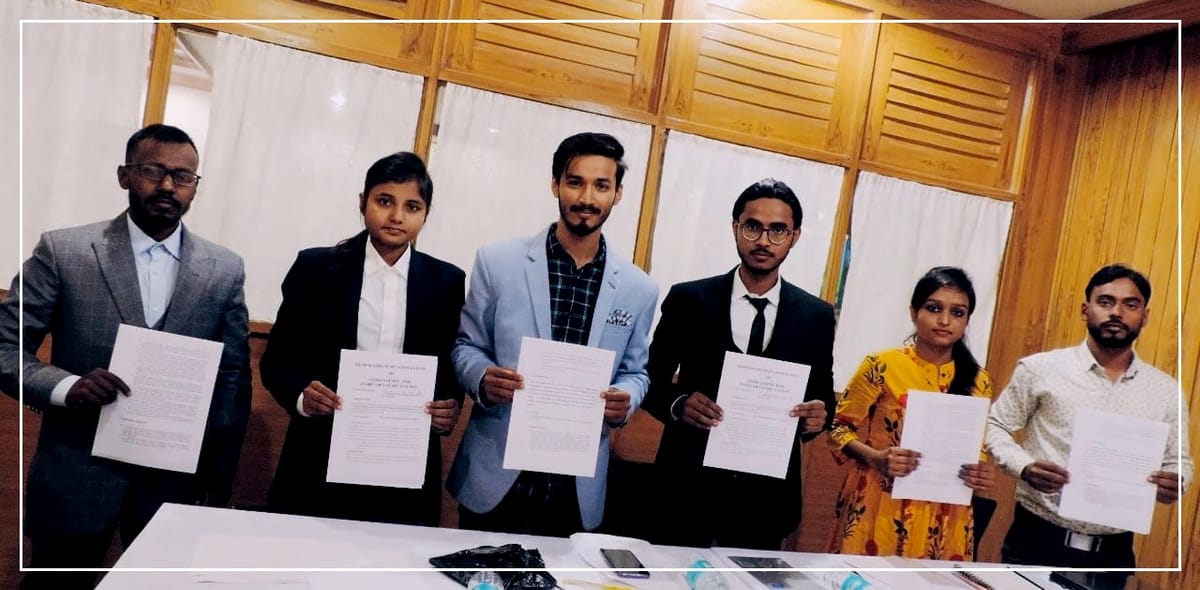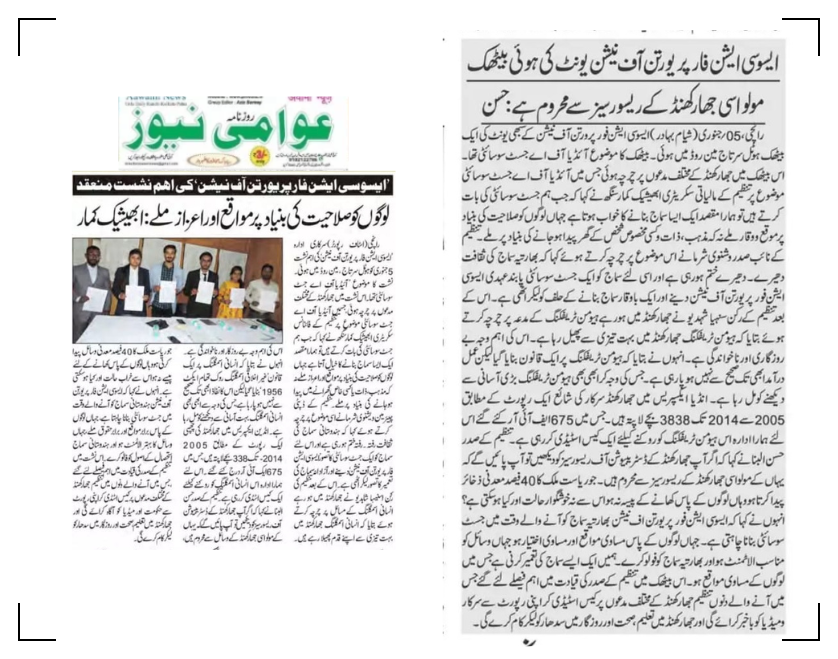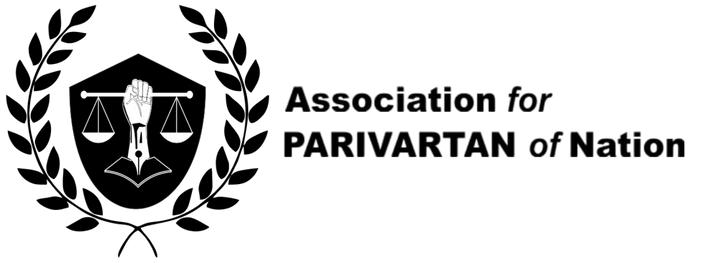The Idea of a Just Society: A Retrospective on Indian Rights and Freedoms
On 5 Jan 2019, APNA held a workshop in Ranchi on building a just society in Jharkhand. 30+ participants discussed trafficking, resource inequality & social justice. Calls were made for fair access to education, entitlements & resources. APNA pledged state-wide research on education, gender & jobs.

A retrospective of Indian rights and freedom "A just society is not a distant dream- it is a conscious creation. But the question remains: What does justice look like in our communities today?" said Vashnavi, Vice President of the Association for Parivartan of Nation.
On a cold winter morning of 5th January 2019, over 30 participants gathered at Hotel Sartaj, Ranchi, for a thought-provoking workshop organised by the Association for Parivartan of Nation (APNA). The event, titled “The Idea of a Just Society: A Retrospective on Indian Rights and Freedoms,” aimed to explore what truly constitutes a just or ideal society in the Indian context- particularly within Jharkhand, a state marked by rich resources but deep-rooted inequalities.
The workshop was designed with the following objectives: to critically examine the concept of a just society in theory and in practice, to reflect on individual rights and responsibilities as citizens, to address pressing barriers such as human trafficking, economic marginalisation, and unequal resource distribution and to spark dialogue on freedom, social justice, and participatory governance.

The central question posed at the opening of the workshop was simple yet powerful: “How do we want to see our society?” Abhishek Singh, a Governing Body Member and Treasurer, APNA, opened the session with a discussion grounded in the philosophy of John Stuart Mill, stating: “A just society is not only one that ensures freedom of expression and life, but one that ensures resources are fairly distributed, with special focus on the most vulnerable.”
Participants engaged in table discussions, each group sharing their vision of justice, ranging from access to education to land rights, gender equality, and freedom from exploitation.
In an impassioned address, Mr Hasan Al Banna, President, APNA, highlighted the skewed resource dynamics in Jharkhand: "When we look at the condition of resource distribution in Jharkhand, we notice that most of these are not used by the people of the state. The wealth of the land should not bypass its rightful owners- the tribal communities. This segment sparked a debate on land acquisition, displacement, and mining rights, with several tribal leaders calling for community-led campaigns and greater policy accountability."

Sneha Shahdeo, a governing body member of APNA, presented a sobering account of human trafficking in Jharkhand, quoting data from the National Crime Record Bureau (NCRB 2016):
“Among the various purposes of human trafficking, trafficking for forced labour is the most prevalent, followed by prostitution. The statistics are shocking- and it’s difficult to imagine what young girls endure.”
Sneha also underlined the complicity of local networks, including, at times, family members, in facilitating trafficking. Participants shared real-life stories, discussed preventive measures, and proposed community vigilance groups, rehabilitation centres, and collaborations with local panchayats. The day concluded with a commitment from the Association for Parivartan of Nation to initiate a state-wide research study on issues of justice, with findings to be shared with government bodies, media outlets, and civil society partners. The areas of focus will include education, gender and social justice. This workshop not only redefined what it means to work “for” society, but also demonstrated the power of working “with” society, amplifying grassroots voices and transforming awareness into action. Justice is not a final destination. It is a path we choose every day.


